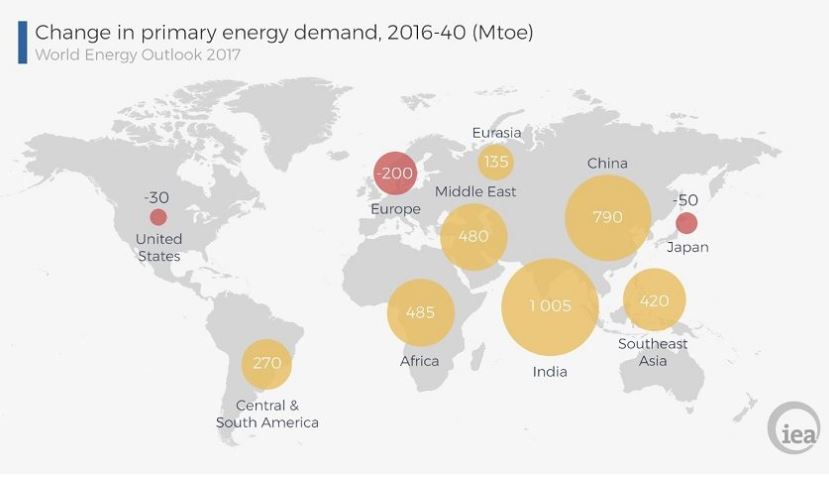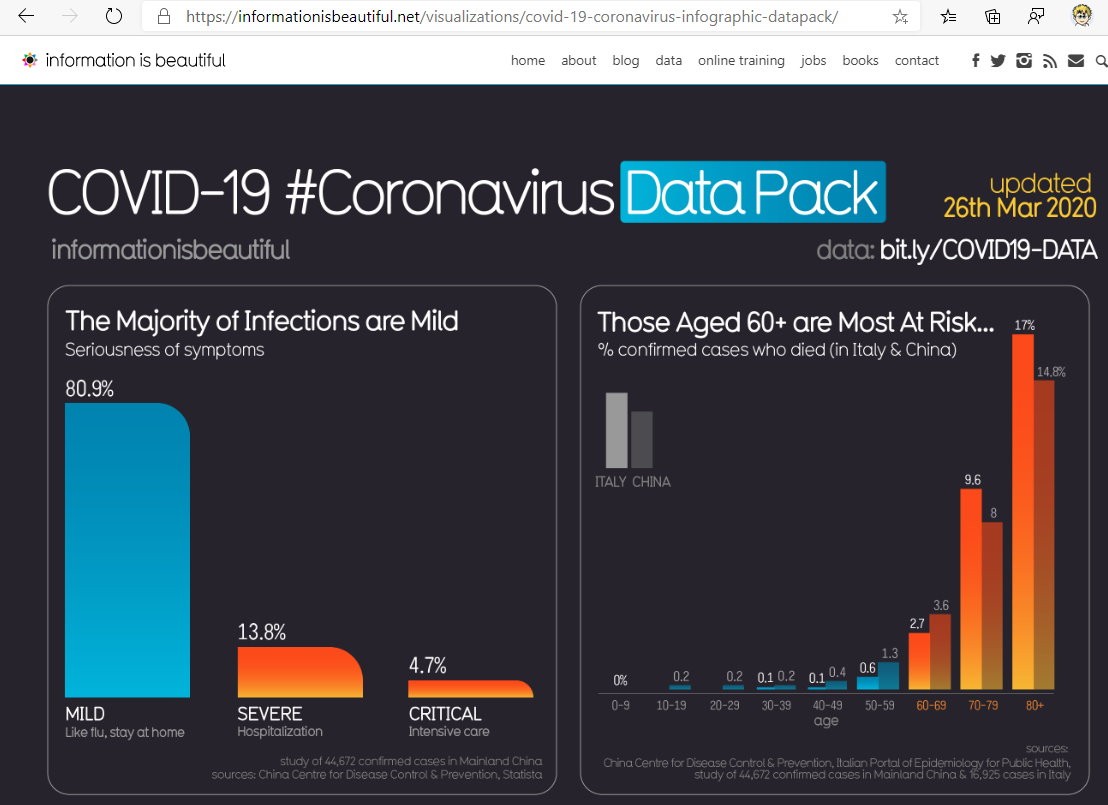Should Disposable Single Use Plastic Bags Be Banned?
There has been much talk in the recent decade about banning disposable plastic bags. The basic argument is that consumer grade disposable single use plastic bags are the root cause widespread environmental damage but have ready alternatives, so why are will still using them?
As is often the case with political issues, there is no simple answer to the question “Should single use plastic bags be banned?”. Below are some of the facts and you can decide for yourself if this is a crisis or not:
ARGUMENTS AGAINST SINGLE USE PLASTIC BAGS
- Australian scientists found that 90% of seabirds had plastic in their digestive tract
- 85% of ‘ocean garbage’ is plastic
- In March of 2018, Canadian Environment Minister Catherine McKenna claimed that there is the equivalent of one full dump truck load of plastic materials being dumped in the ocean every minute of every day
- Plastic bags are made from non-renewable material
- Single use plastic bags account cost about $.04 each to buy new and it is estimated the clean up cost is about $.15 per bag, resulting in a total cost to the consumer of more than $80 per year (more…)



